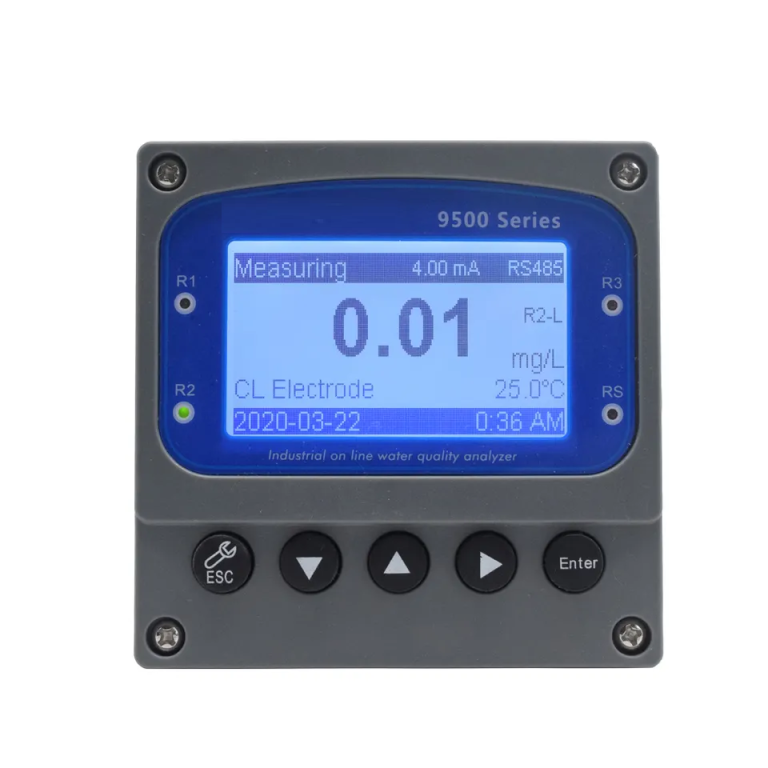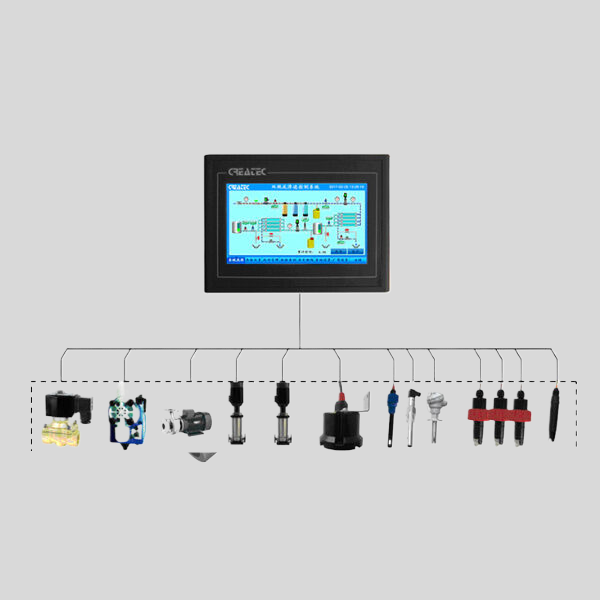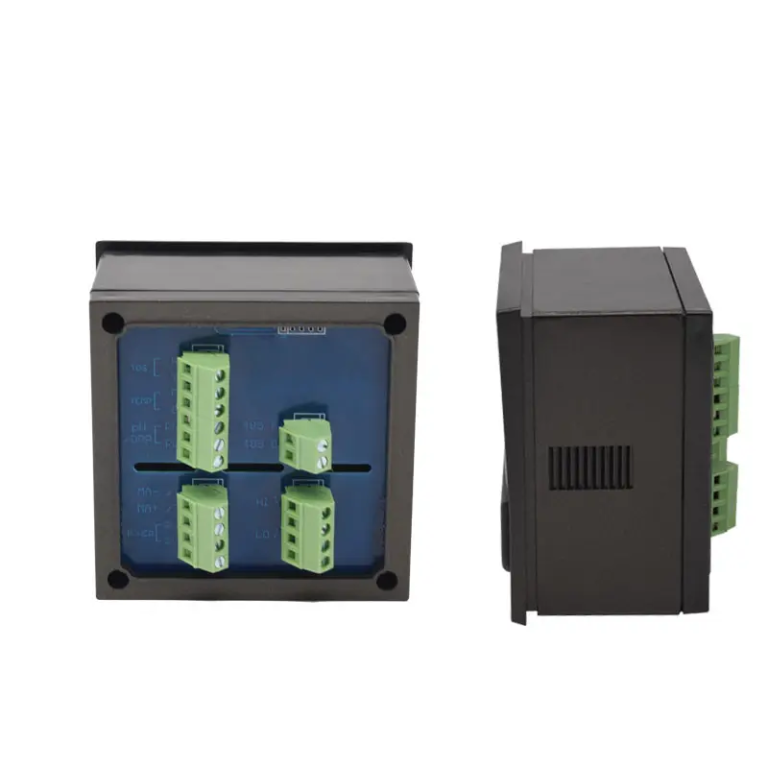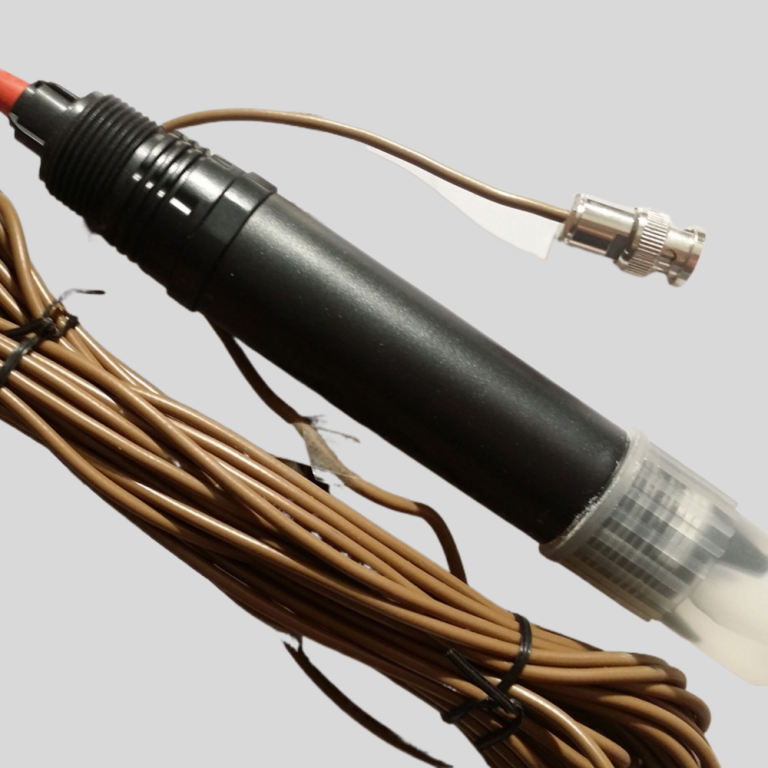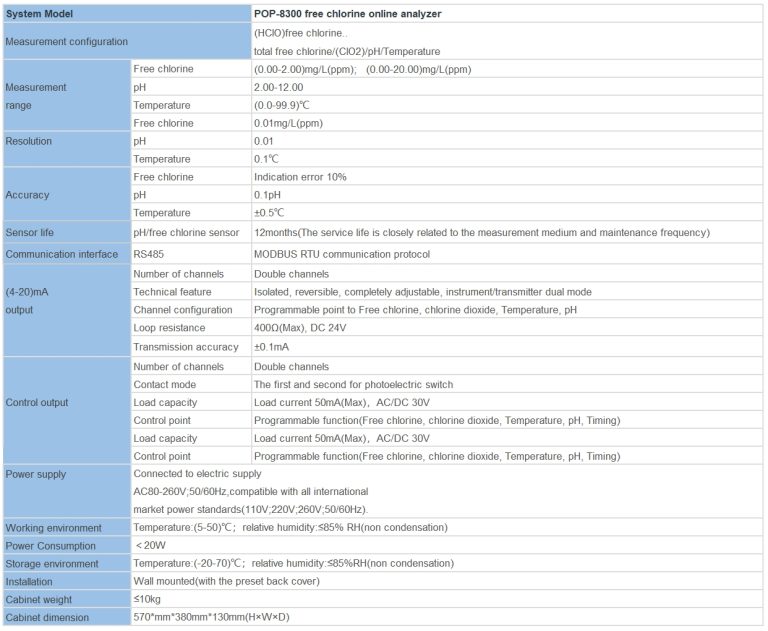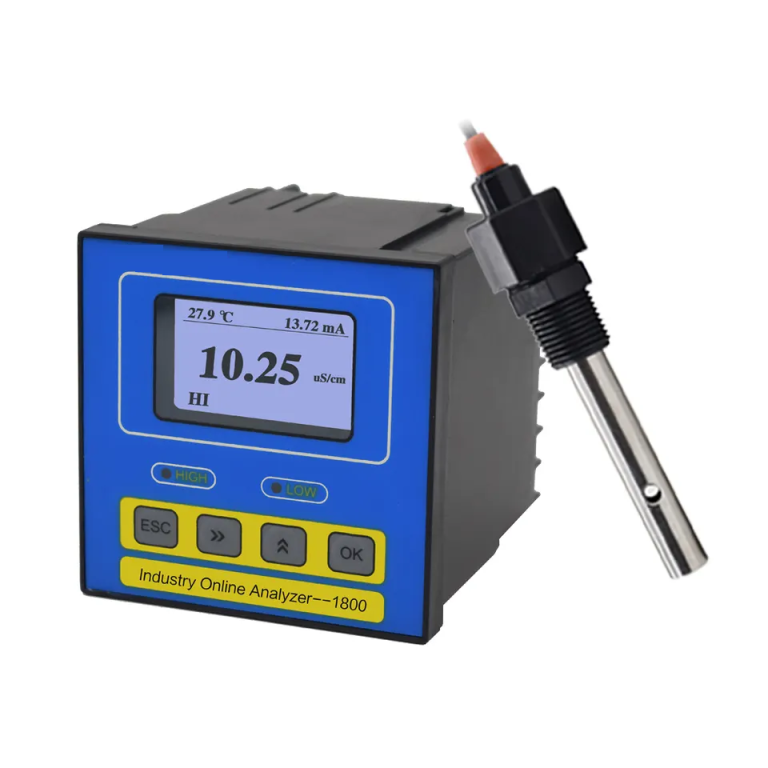Understanding the Importance of Conductivity Meters in Solution Analysis
Conductivity meters are essential tools in the field of analytical chemistry, particularly in the analysis of solutions. These devices measure the ability of a solution to conduct electricity, which is directly related to the concentration of ions present in the solution. Understanding the importance of conductivity meters in solution analysis is crucial for ensuring accurate and reliable results in various industries, including pharmaceuticals, environmental monitoring, and food and beverage production.
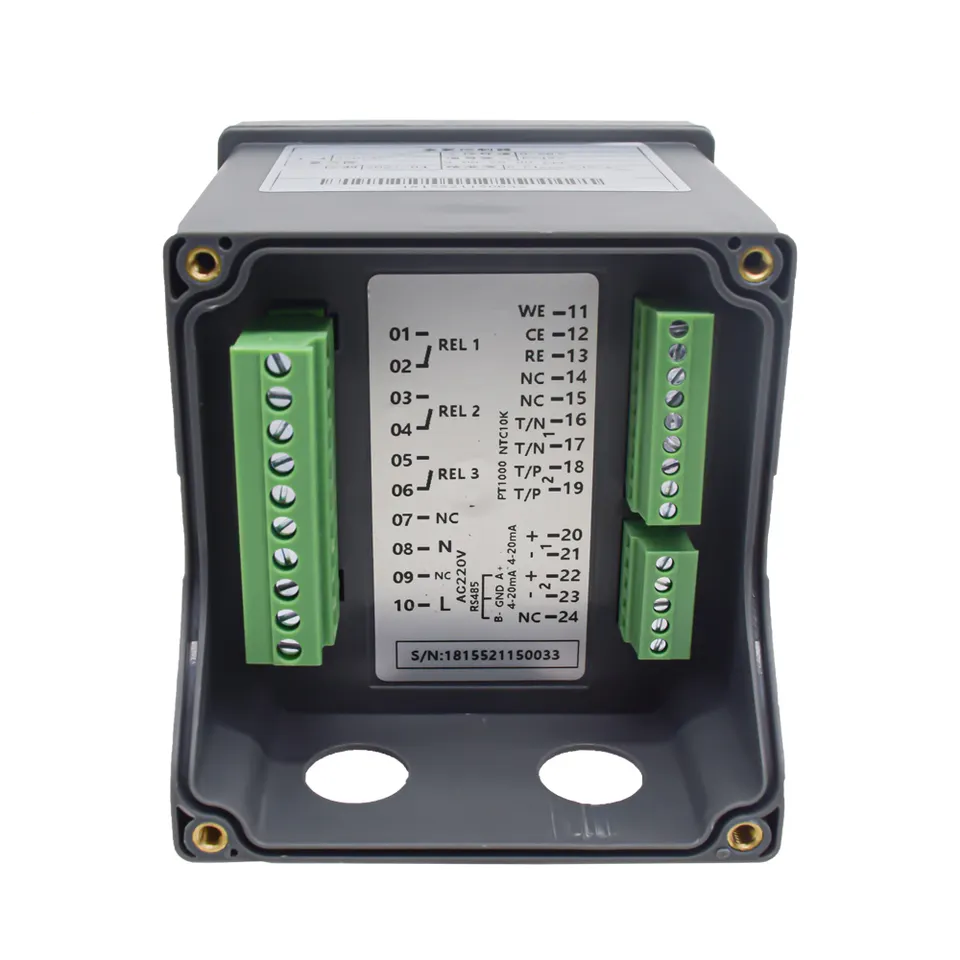
One of the key advantages of using conductivity meters in solution analysis is their ability to provide rapid and precise measurements. Unlike traditional methods that require time-consuming sample preparation and complex procedures, conductivity meters offer a quick and straightforward way to assess the ionic strength of a solution. This efficiency is particularly valuable in industries where time is of the essence, such as in quality control processes or during emergency response situations.
Furthermore, conductivity meters are highly versatile instruments that can be used to analyze a wide range of solutions, from pure water to complex chemical mixtures. This versatility makes them indispensable tools for researchers and analysts working in diverse fields, as they can easily adapt their measurements to suit the specific requirements of each application. Whether testing the purity of drinking water or monitoring the conductivity of industrial wastewater, conductivity meters offer a flexible and reliable solution for solution analysis.
In addition to their speed and versatility, conductivity meters also provide valuable insights into the chemical composition of a solution. By measuring the conductivity of a sample, analysts can determine the concentration of dissolved ions, which in turn can help identify the presence of contaminants or impurities. This information is crucial for ensuring the safety and quality of products in industries such as pharmaceuticals and food and beverage production, where even trace amounts of impurities can have serious consequences.
Moreover, conductivity meters play a vital role in environmental monitoring efforts, helping researchers assess the health of aquatic ecosystems and track the impact of human activities on water quality. By measuring the conductivity of surface waters, analysts can detect changes in ion concentrations that may indicate pollution or other environmental stressors. This data is essential for developing effective conservation strategies and protecting vulnerable ecosystems from harm.
| Model | pH/ORP-3500 pH/orp meter |
| Range | pH:0.00~14.00 ; ORP: (-2000~+2000)mV; Temp.:(0.0~99.9)\u00b0C (Temp.Compensation: NTC10K) |
| Resolution | pH:0.01 ; ORP: 1mV; Temp.:0.1\u00b0C |
| Accuracy | pH:+/-0.1 ; ORP: +/-5mV(electronic unit); Temp.: +/-0.5\u00b0C |
| Temp. compensation | Range: (0~120)\u00b0C; element: Pt1000 |
| Buffer Solution | 9.18; 6.86; 4.01; 10.00; 7.00; 4.00 |
| Medium Temp. | (0~50)\u00b0C (with 25\u00b0C as standard) manual/automatic temp. compensation for selection |
| Analog output | Isolated one Channel(4~20)mA, Instrument/Transmitter for selection |
| Control Output | Double relay output (single contact ON/OFF) |
| Working Environment | Temp.(0~50)\u2103; relative humidity <95%RH (non-condensing) |
| Storage Environment | Temp.(-20~60)\u2103;Relative Humidity \u226485%RH (none condensation) |
| Power Supply | DC 24V; AC 110V; AC220V |
| Power consumption | <3W |
| Dimension | 48mmx96mmx80mm(HxWxD) |
| Hole Size | 44mmx92mm(HxW) |
| Installation | Panel mounted, fast installation |

